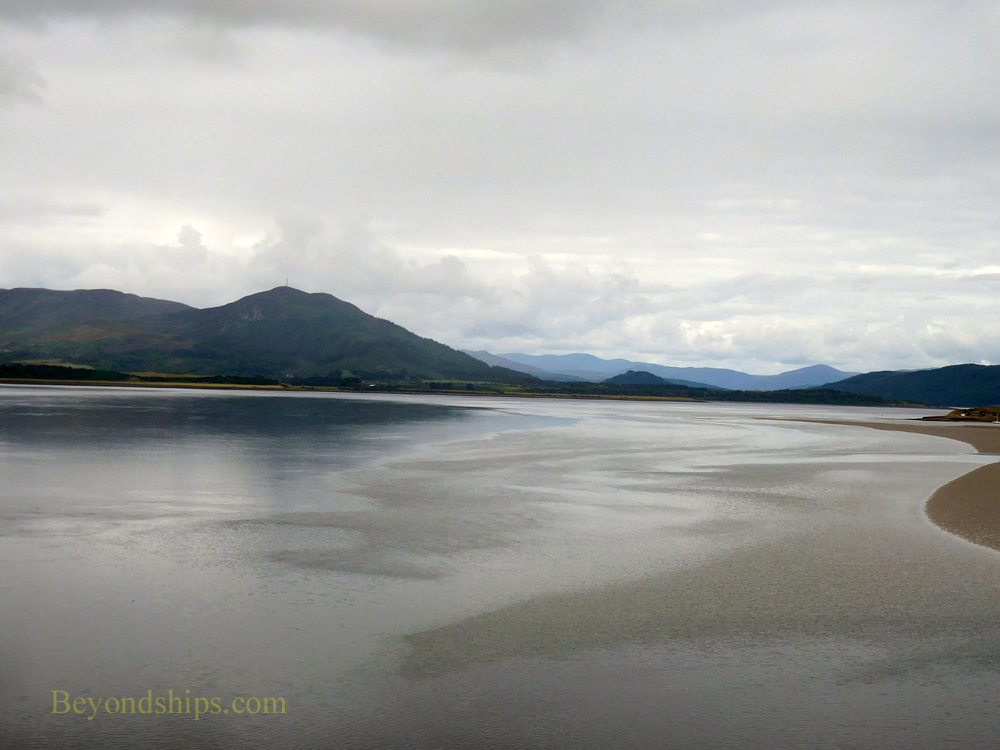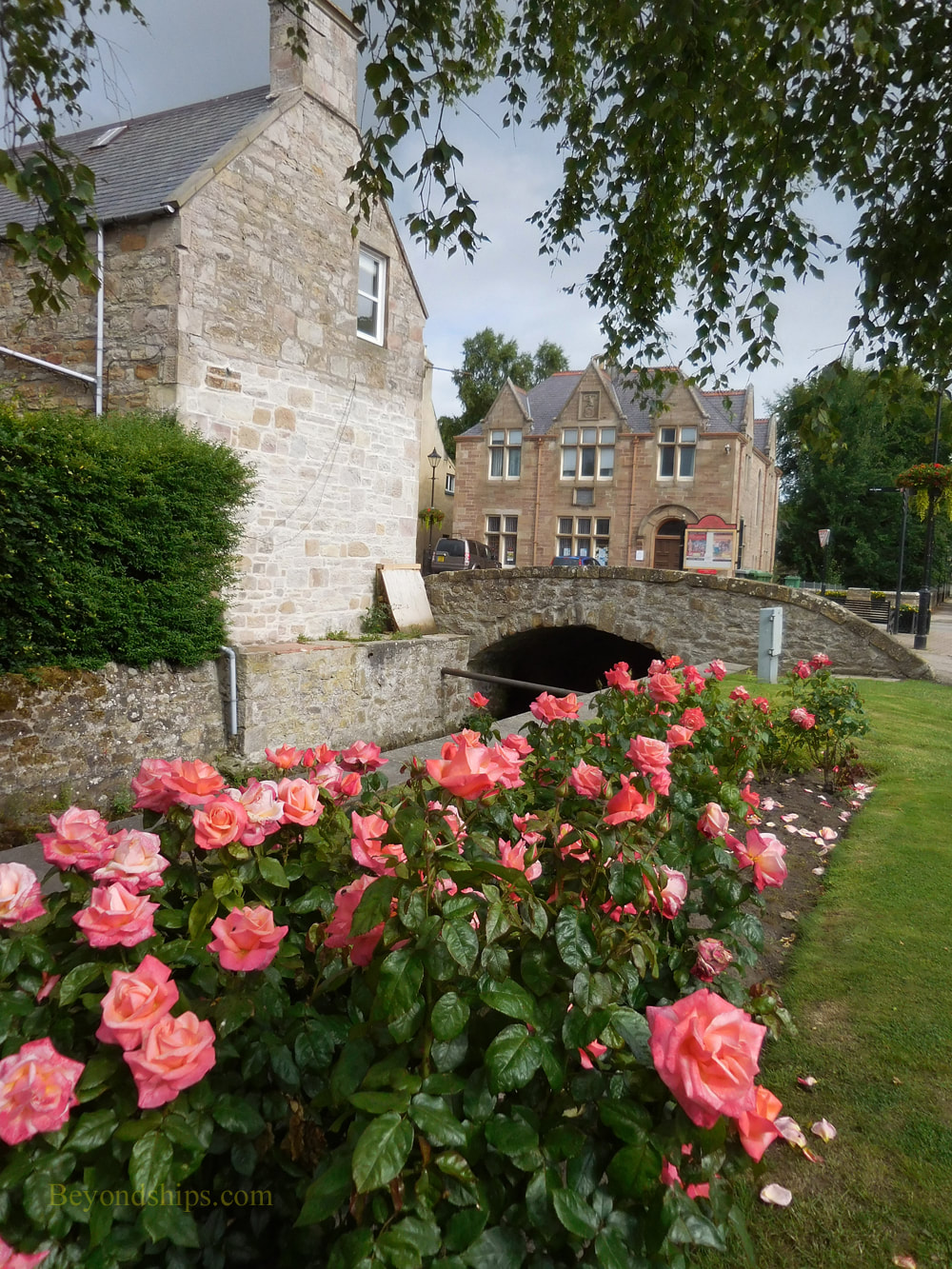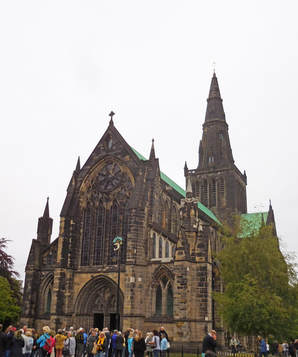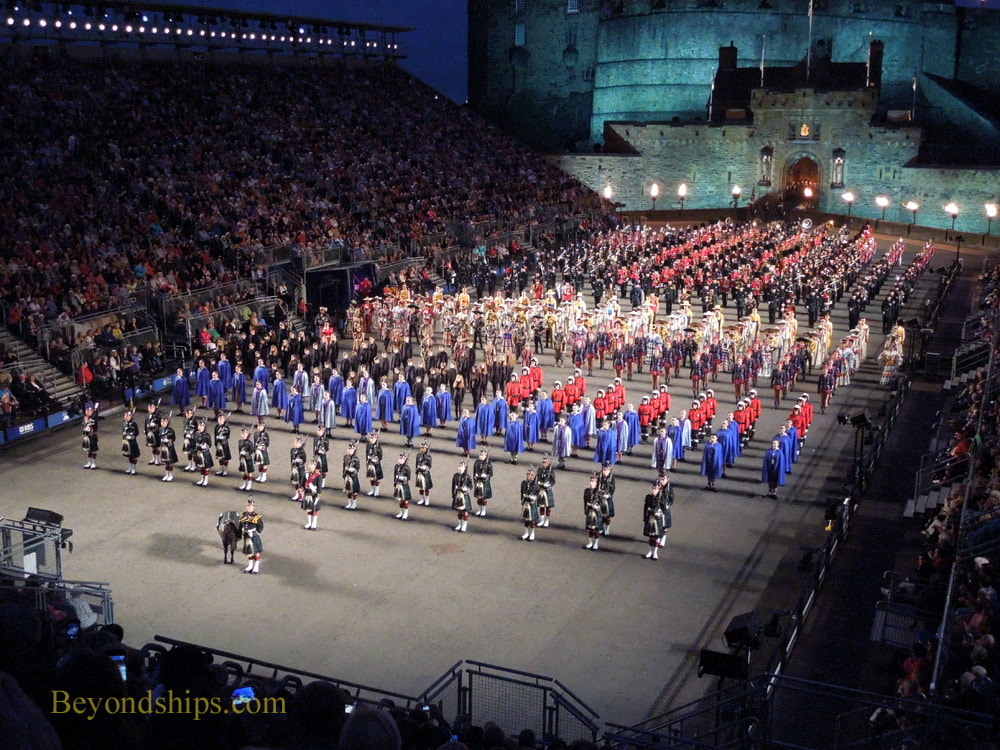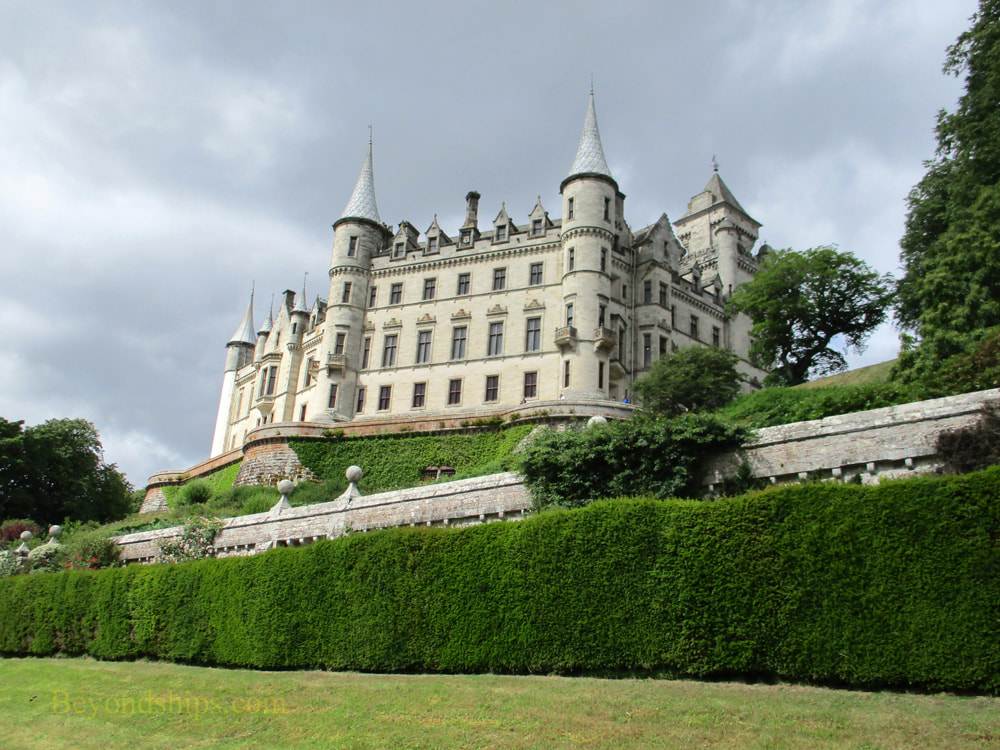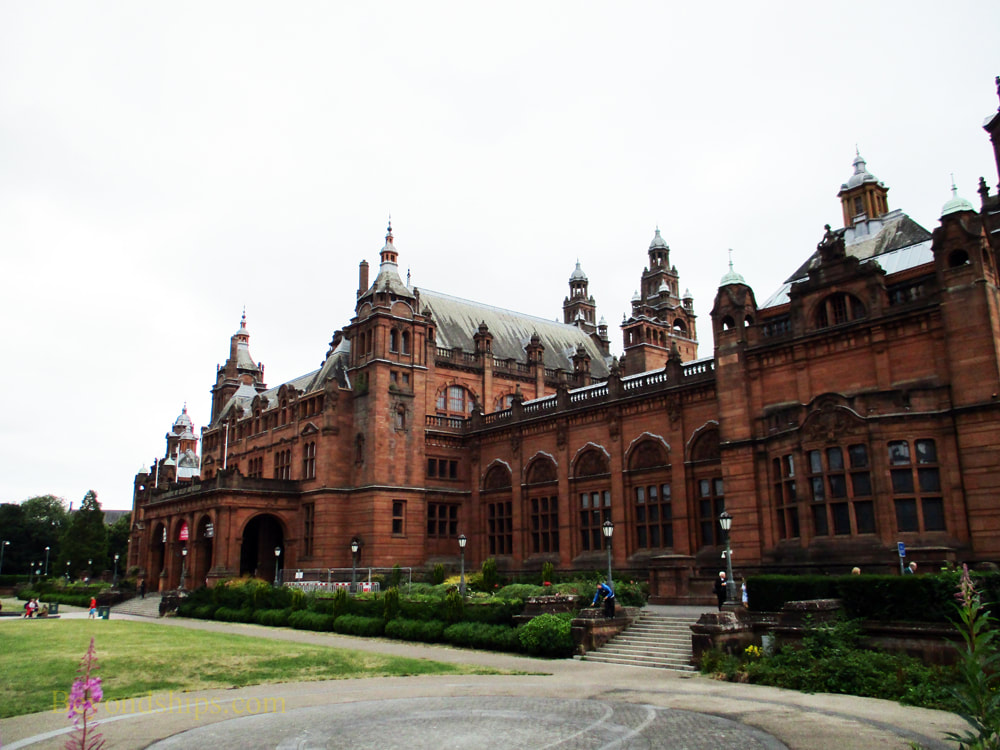|
Scotland is a country with a long history and a proud culture. It is part of the United Kindom and the head of state is the British Queen Elizabeth. However, Scotland has considerable authority over its domestic affairs.
The country is located in the northern third of the island of Great Britain. It also includes about 700 nearby islands including the Hebrides and Orkney, Traditionally, Scotland is divided into the Highlands and the Lowlands. The boundary is sometimes said to be the Highland Fault Boundary but there are different interpretations. In general, the Highlands is a mostly mountainous area in the northwest and is sometimes defined to include some but not all of the Scottish islands. Thus, while much of the culture associated with Scotland comes from the Highlands, not all of Scotland is in the Highlands. In fact, the Highlands is rather sparsely populated. The vast majority of Scotland's 5.4 million people live in the Lowlands. The capital, Edinburgh, is located there as is the largest city, Glasgow. Scotland's only land border is with England. The two countries have had a tumultuous history including wars and invasions. Figures such as Robert the Bruce and William Wallace were prominent in this struggle. This led Scotland to enter into an alliance with France (the “Auld Alliance”) to combat their common foe. As a by-product of this, there are still traces of French influence in Scottish culture. In 1502 King James IV of Scotland entered into the Treaty of Perpetual Peace with England. He also married the English king Henry VII's daughter Margeret Tudor. As a result, when Queen Elizabeth I (Elizabeth Tudor) died without issue, the English crown was inherited by the Scottish King James VII because he was a descendant of Henry VII. The new king now King James I of England moved to London but continued to be the king of Scotland as well. Political union, however, did not come about until the Treaty of Union in 1707. With it came an abolishment of trariffs between the two countries and the Scots had unfettered access to the English colonies in North America and elsewhere. This led to increased economic prosperity in Scotland and cities such as Glasgow boomed. Scots also assumed prominent roles in the British government and in British society. Still, this did not end warfare between the two countries. In the Glorious Revolution of 1688, King James II was deposed by his daughter Mary and her husband William of Orange. Most Scots, however, continued to support James and his male heirs. Among other things, this led to the Jacobite Risings of 1715 and 1745. The 1745 rising was led by Bonnie Prince Charlie, James' grandson, who led a Scottish army deep into England. However, he was brutally defeated at the Battle of Culloden Moor, the last land battle in Britain. |
Relations between the two countries improved in the 19th century. The writings of Robert Burns led to a revival of interest in traditional Scottish culture. He orchestrated a visit by King George IV to Scotland in which the king wore a tartan and kilt, which helped to reconcile many Scots to the crown. Later, Queen Victoria spent much of her time in Scotland. Meanwhile, Scots such as Robert Louis Stevenson and Sir Arthur Conan Doyle were achieving prominence. Many Scots enlisted in the armed forces of the British Empire.
Nonetheless, there have always been calls for Scottish independence. In 2014, a referendum was held and 55 percent voted to stay in the United Kingdom. However, considerable power has been devolved to Scotland. Scotland has its own parliament and an executive headed by the First Minister. While the British government retains authority over such areas as international relations and defense, the Scottish government has authority over many domestic matters relating to Scotland. During the 19th and early 20th century, the country's economy thrived on heavy industry such as shipbuilding and on mining. Later in the 20th century, these industries became obsolete causing much economic hardship. The economy has recovered to a large extent and is now based on financial services, technology and oil and gas production. There are three official languages – English, Scots and Gaelic. As a practical matter, everyone speaks English except on some of the remote islands. The currency is the British pound sterling. This includes both notes issued by the Bank of England as well as notes issued in Scotland. Credit cards are widely accepted. The weather in Scotland is changeable. Days can start with rain and clouds, then turn sunny and then rainy again. It is warmed by the Gulf Stream so it is warmer than most other places on the same latitude such as Moscow. However, Scotland is generally cooler than the rest of Great Britain. |
Scotland Cruise Ports and Cities (alphabetical index)
|
Scotland Articles and Features
|
Scotland Stately Homes and Castles
Scotland Art Museum Profiles |
|
|
|
Cruise destinations - Scotland
